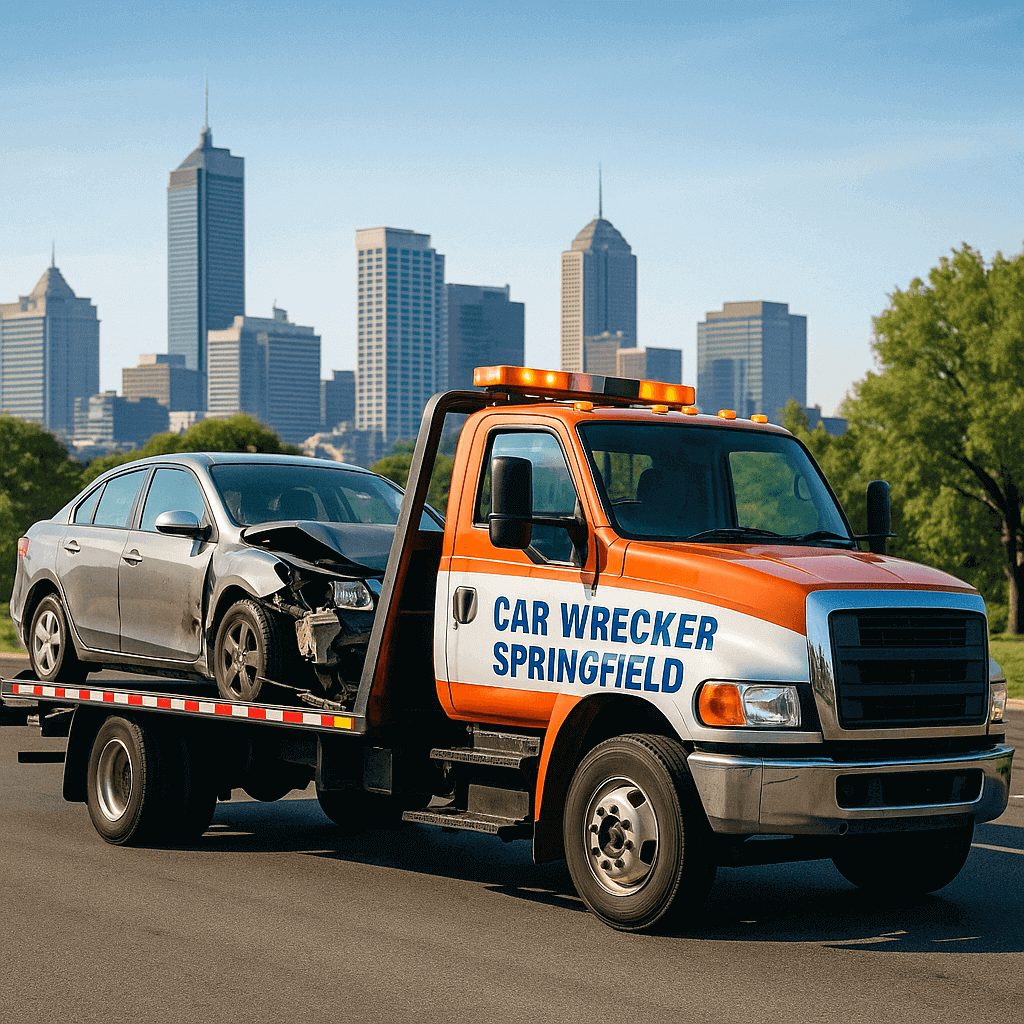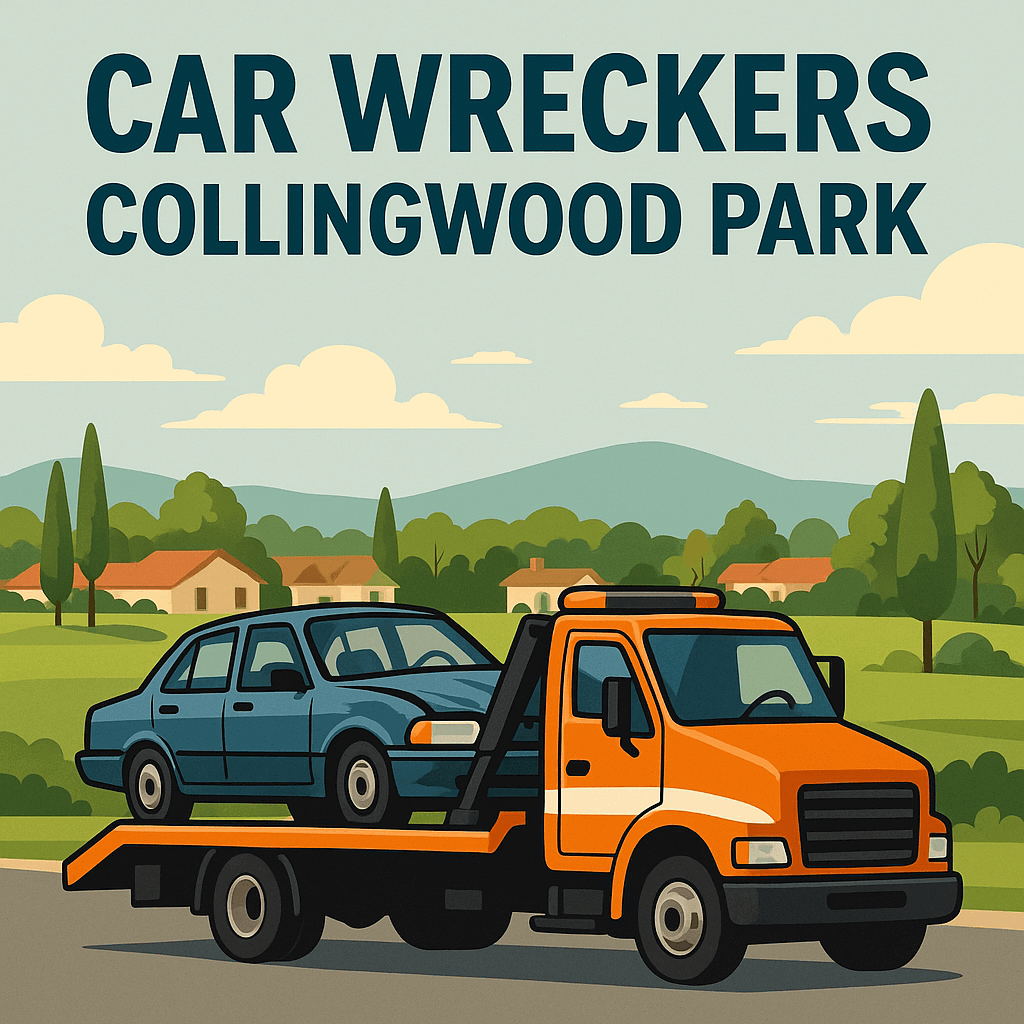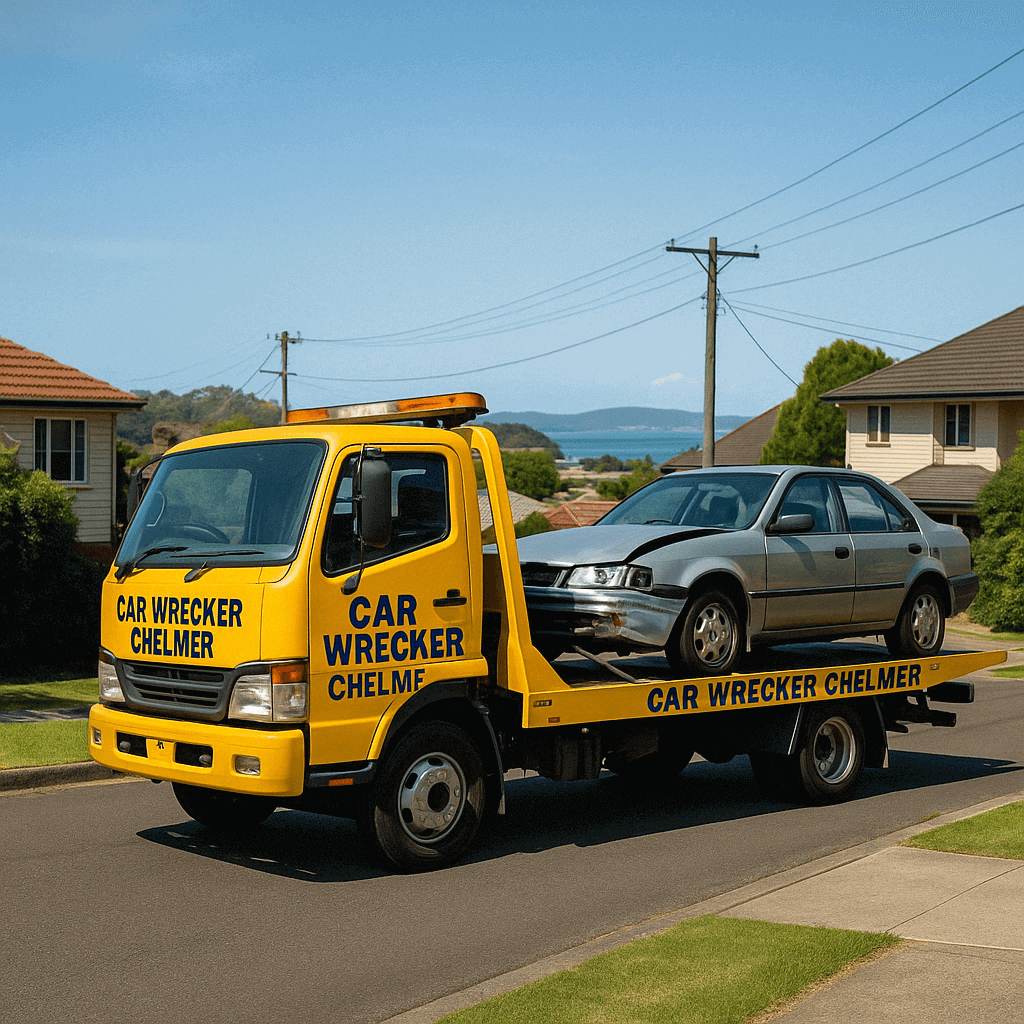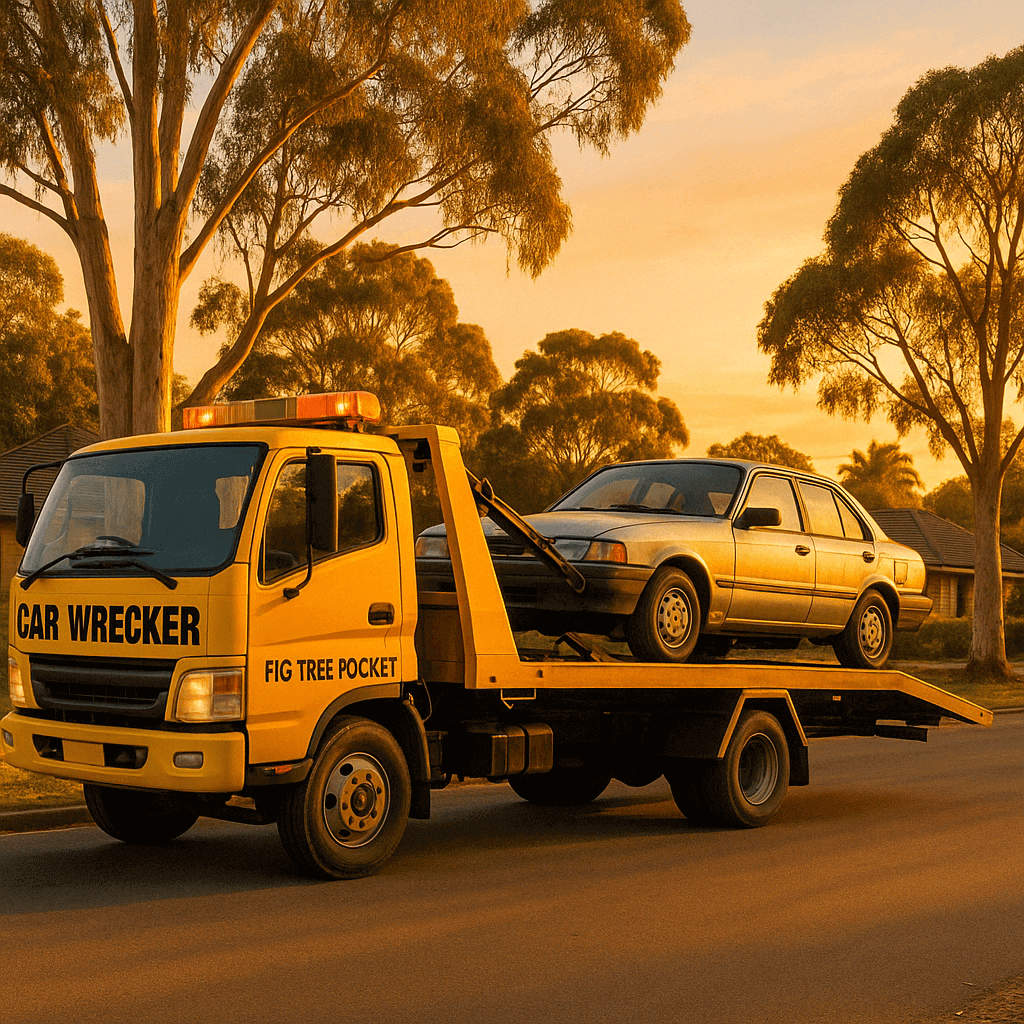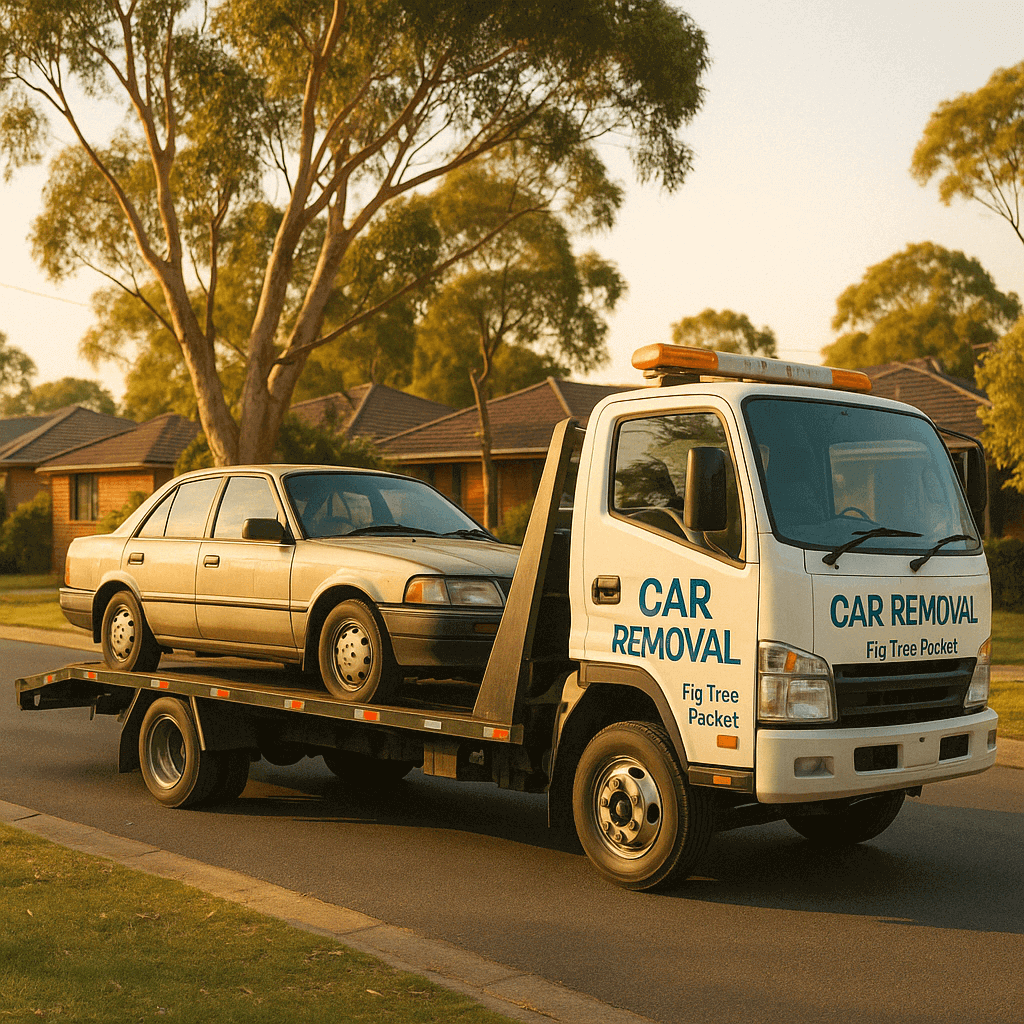Wrecked Car Pick-Up and Disposal
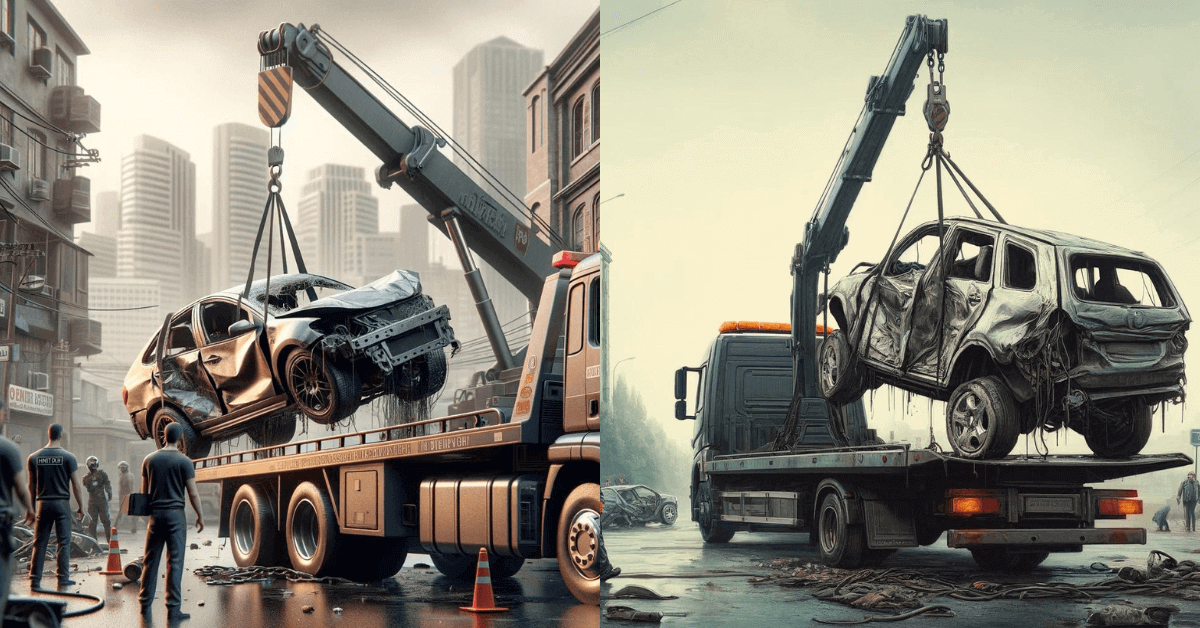
Wrecked cars, whether due to accidents or natural disasters, present a significant challenge for vehicle owners. Beyond the immediate safety concerns, properly disposing of wrecked cars is crucial for environmental and legal reasons. This article delves into the intricacies of wrecked car pick-up and disposal, highlighting the importance of responsible practices and the benefits of professional services.
Importance of Proper Disposal:
Irresponsibly disposing of wrecked cars can have severe environmental and public health consequences. Abandoned vehicles leak hazardous fluids such as oil, coolant, and battery acid, contaminating soil and water sources. Moreover, the decomposition of materials in wrecked cars releases toxins into the air, contributing to air pollution and posing risks to nearby communities.
Legal Regulations:
Government regulations mandate the proper disposal of wrecked vehicles to mitigate environmental harm and ensure public safety. Owners of vehicles who violate these rules may face severe penalties and even legal repercussions. Therefore, engaging in lawful and environmentally friendly disposal practices is essential.
Steps in Wrecked Car Pick-Up and Disposal:
Assessment of the Wrecked Car:
The first step in the disposal process is assessing the condition of the wrecked car. Professionals evaluate structural damage, fluid leaks, and salvageable components to determine the most suitable disposal method.
Choosing the Right Disposal Method:
Depending on the degree of damage and the state of the car, several disposal techniques might be used. Standard options include recycling, salvage yards, and certified disposal facilities. The choice of method should prioritize environmental sustainability and regulatory compliance.
Transporting the Wrecked Car:
Transporting a wrecked car requires specialized equipment and expertise to ensure safe and efficient handling. Professional disposal services utilize tow trucks and flatbed trailers to transport damaged vehicles securely without further damage or endangerment.
Disposal Process:
Once the wrecked car reaches the disposal facility, trained professionals dismantle and recycle it. Salvable components are removed for reuse or resale, while hazardous materials are disposed of in compliance with environmental regulations. The residual materials are recycled or disposed of appropriately to reduce their adverse ecological effects.
Benefits of Professional Wrecked Car Disposal Services:
Safety Assurance:
Professional disposal services prioritize safety throughout the pick-up and disposal process, minimizing risks to personnel and the environment. Strict safety procedures are followed by qualified experts to avert mishaps and guarantee that laws are followed.
Environmental Responsibility:
By engaging professional disposal services, vehicle owners contribute to environmental preservation by minimizing pollution and reducing resource consumption. Certified facilities employ eco-friendly practices such as recycling and proper waste management to reduce the ecological footprint of wrecked car disposal.
Time and Cost Efficiency:
Outsourcing wrecked car disposal to professionals saves time and money compared to DIY methods. Professional services offer streamlined processes, eliminating the need for vehicle owners to coordinate transportation and disposal logistics. Additionally, the potential for costly fines and legal repercussions associated with improper disposal is mitigated by engaging reputable disposal services.
Choosing the Right Wrecked Car Disposal Service:
Reputation and Experience :
When selecting a disposal service, consider their reputation and track record in the industry. Established providers with years of experience are more likely to deliver reliable and efficient services.
Service Offerings:
Evaluate the range of services disposal companies offer, ensuring they meet your needs. Look for comprehensive solutions encompass pick-up, transportation, and environmentally responsible disposal.
Customer Reviews and Testimonials:
To determine the caliber of service disposal firms offer, read through client endorsements and reviews. Positive feedback and satisfied customer experiences indicate a reputable and trustworthy service provider.
Pricing and Transparency:
Request detailed quotes from prospective disposal services, considering factors such as pick-up fees, transportation costs, and disposal charges. Transparent pricing and upfront communication regarding service fees ensure clarity and prevent unexpected expenses.
FAQs
While it’s possible to dispose of a wrecked car independently, engaging professional disposal services is recommended for safety and compliance reasons.
The amount of damage, the distance traveled, and the manner of disposal all affect how much-wrecked cars cost to dispose of. It’s advisable to request quotes from multiple disposal services to compare prices.
Many disposal facilities offer recycling services for wrecked cars, salvaging reusable materials such as metal and plastic components.
Government regulations mandate the proper disposal of wrecked vehicles to prevent environmental contamination and ensure public safety.
Reputable disposal services can be found by looking at online reviews, getting referrals from reliable people, and confirming qualifications like licenses and certifications.
Conclusion
Wrecked car pick-up and disposal are critical processes requiring careful consideration and adherence to regulatory standards. Vehicle owners can navigate the disposal process efficiently by prioritizing safety, environmental responsibility, and professional expertise while minimizing their ecological footprint and legal liabilities.

